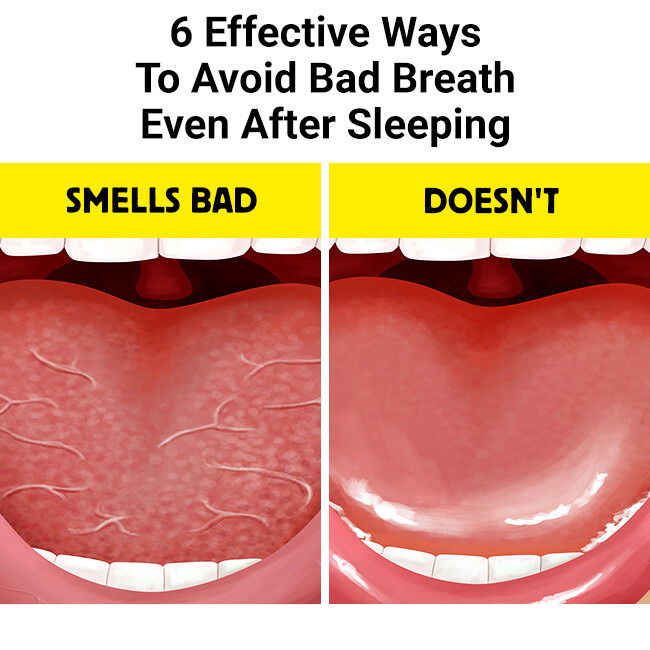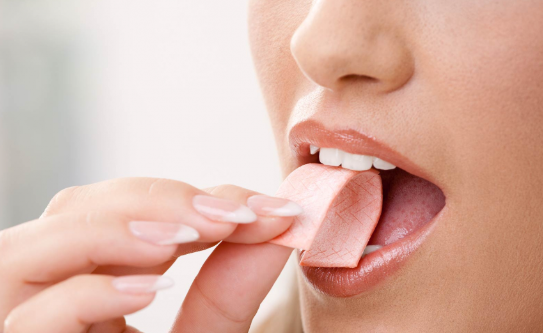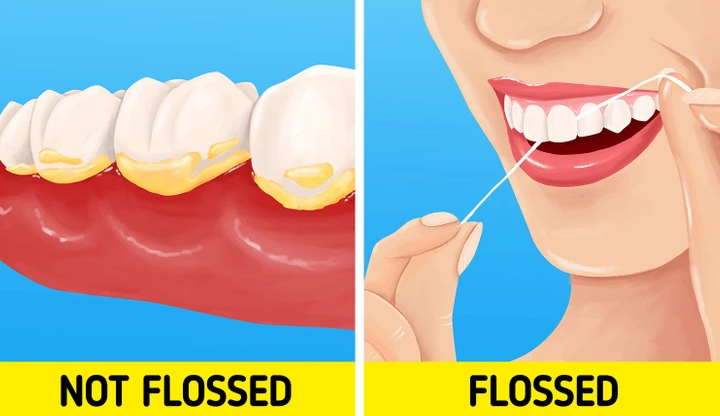
Bad breath can ruin a business meeting or a date. You can avoid this by paying attention to the condition of your oral cavity and following some simple rules. Below are some recommendations that will help you keep your breath fresh even after a long sleep.
1. Drink more water.
Saliva helps cleanse and moisten the mouth, so a lack of saliva means you’re not creating enough to keep your mouth clean and healthy. That’s why a dry mouth can also lead to bad breath or even cracked lips and sores at the corners of your mouth.
You can try at-home solutions, like sucking on ice cubes, sipping water often, chewing sugarless gum, or sucking on sugarless hard candy. Yet, if none of these work, you are advisable to go to a doctor because a dry mouth could also be caused by a salivary gland condition or other diseases.
2. Go for chewing gum instead of mints.

Bad breath can be due to the acid that’s naturally produced in your mouth. This can be the result of sugar consumption because that’s what the mouth uses up to produce said acid. Apart from this, sugar can also result in your teeth becoming worn down.
One way to cut out one form of sugar is to replace mints or sugary candy with sugar-free gum and sugar-free candy. Chewing gum will help your mouth to produce more saliva, which is the natural way the body fights plaque acids.
3. Visit the dentist more often.
If you have poor dental hygiene, chances are you’ve developed plaque – a film of bacteria that covers your teeth. With time, plaque hardens and becomes tartar, which could cause the formation of pockets or small openings in the area between the teeth and gums where bacteria, food, and dental plaque can collect. This process is called periodontitis and it can lead to bad breath.
As tartar cannot be removed by brushing, you have to go to the dentist. If you suspect you have periodontitis, you have to treat it as soon as possible or it can become a severe condition that affects your teeth.
4. Up your hygiene game.

Though it might seem obvious to many of us, poor dental hygiene remains the main cause of bad breath. Your mouth is full of bacteria that break down food particles, and the combination of the bacteria and decaying food produces a bad smell, which is why brushing and flossing are important.
Experts suggest brushing your teeth at least twice a day, after meals, and with fluoride toothpaste, but that will only get rid of 60% of the bacteria in your mouth. That’s why flossing and cleaning your tongue is very important too.
Rinsing and gargling with an alcohol-free mouthwash before you go to bed could also help you to control the growth of bacteria more efficiently.
5. Change your diet
Strong foods and beverages, like garlic, onions, or coffee, cause your stomach to absorb oils during digestion. These oils can get into your lungs through your bloodstream and be present even 72 hours after you ate, resulting in a bad odor. On the other hand, if you practice fasting or are on a low-carbohydrate diet, you might develop bad breath too because of the production of ketones, which have a strong aroma.
Consider eating less onions, spicy food, garlic, and sugary food, as well as reducing your coffee intake. If you’re on a special fast or follow a low-carb diet, talk to your medical practitioner to see if there’s something that can be done to include more carbs or regulate the production of ketones. You can also eat more nuts, avocados, and olive oil.
6. Eliminate the tonsil stones
If you’ve noticed yourself coughing up small, yellowish chunks from your throat, those might be tonsil stones. Even though these stones aren’t harmful, they can cause bad breath. They are bacteria and debris that form in the crevices of your tonsils, ranging from small, soft bits to larger, hardened stones. Though they’re usually harmless, in some cases, they can lead to infections. In order to prevent them, try using mouthwash regularly to reduce bacteria in your mouth and floss regularly.
Caring for your teeth is not only about brushing them and using dental floss, or visiting the dentist. Follow these rules to maintain a healthy smile for as long as possible.

















